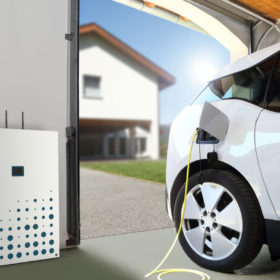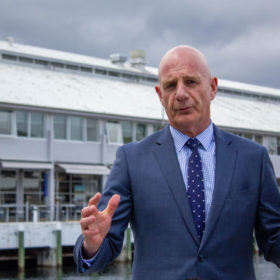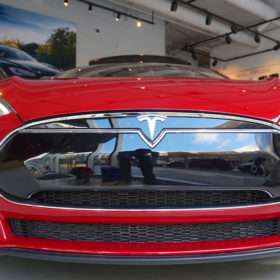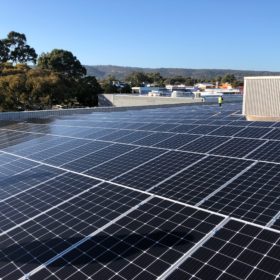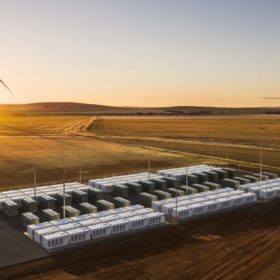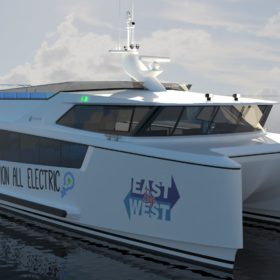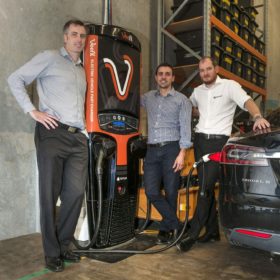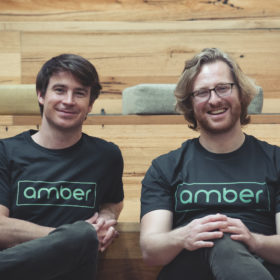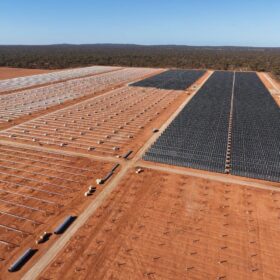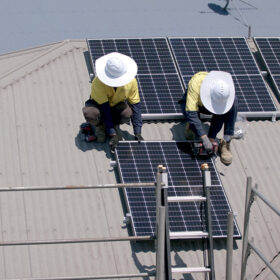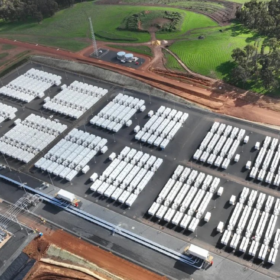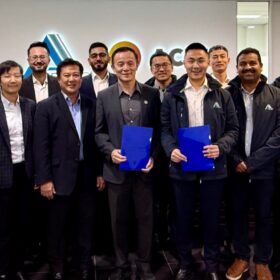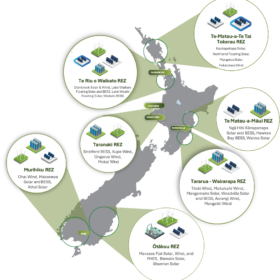Analyst expects recovery for PV and storage supply chains
U.S.-owned analyst Wood Mackenzie expects solar demand to decline but predicts the market will recover, with the prospects for the energy transition remaining intact.
ACT virtual power plant trial to help optimize DER network integration
An ARENA-backed trial run by ACT network operator Evoenergy in partnership with French power electronics specialist Schneider Electric and Melbourne-based energy tech company GreenSync will research and test the effect that the integration of distributed energy resources is having on Canberra’s increasingly decentralized energy grid.
Climate policy done right: Tasmania sets 200% RE target by 2040
Tasmania has committed to being 100% renewable by 2022 and remains well on track to meet this target ahead of schedule. But the island state says it is well placed to set a more ambitious goal, which would see it double its renewable production and help mainland Australia reduce its emissions.
Energy density advances and faster charging would unlock EV revolution
With electric vehicles making up only 3% of the global car market last year, analyst WoodMac says battery packs need to be cheaper and lighter and range anxiety must be addressed to change the habits of drivers.
City of Adelaide commits to 100% renewable electricity
From July 1, if it is run by the City of Adelaide, it is being powered by wind and solar electricity under a landmark power purchase agreement inked electricity retailer Flow Power.
Lake Bonney big battery readies to supply Tesla Australia EV supercharger network
The 25MW/52MWh battery at the Lake Bonney wind farm is in the final stages of testing and close to full commercial operation. Once operational, the big Tesla battery will supply the electric car maker’s Australia EV supercharger network with renewable electricity.
Southern Hemisphere’s first electric commuter ferry
Wellington Harbour, NZ, will see the Southern Hemisphere’s first zero-emissions electric commuter ferry.
Tritium accounts for substantial losses in 2019
The Australian EV passenger fleet may be just a twinkle in the eye of green futurists, but Brisbane-based Tritium, a leader in fast-charging technology, is also rolling out its R&D, manufacturing and enabling infrastructure across more advanced markets in Europe and the US. After posting a more than $47 million loss in 2019, CEO, David Finn talks about Tritium’s outlook for 2020 and beyond.
Amber Electric: The year when the promise of smart grid begins to be realized at scale
As the energy landscape continues to evolve to meet the needs of the 21st century, digitalization is growing within generation, distribution and transmission. On the demand management side, Amber Electric is seeking to bring transparency to the market, passing wholesale prices directly to consumers for a $10 flat monthly fee. The Melbourne-based start-up is readying to expand its offering in 2020, as home batteries, EV chargers and other smart devices establish a firmer hold in the Australian electricity market, says Dan Adams, co-founder of Amber Electric.
New app helps charge Tesla EVs when electricity is greener and cheaper
With its app already present in Belgium and the Netherlands, start-up Jedlix is introducing smart charging in France. The solution enables Tesla drivers to optimize their charging strategy.

